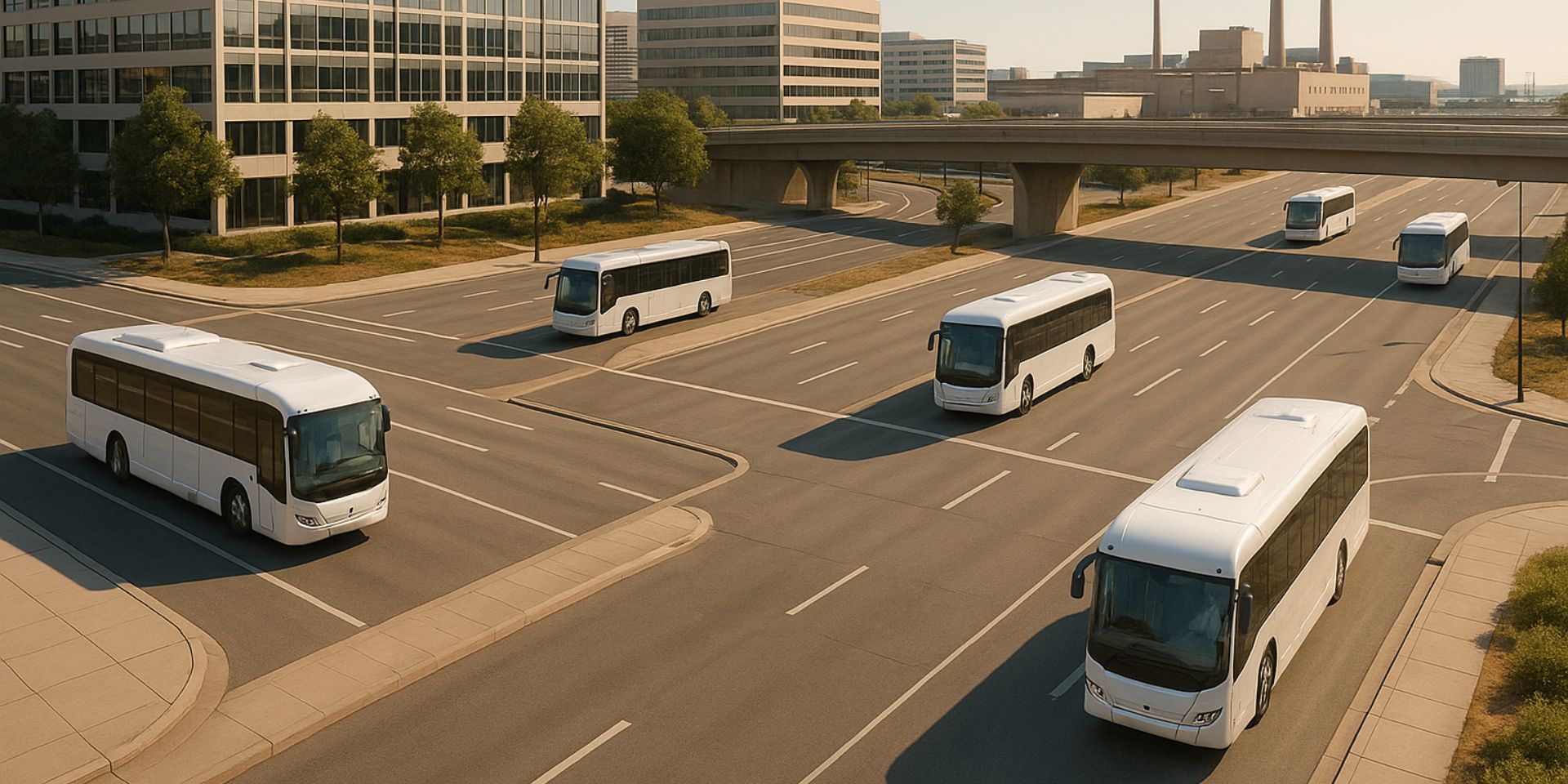Car Parking Costs – How Do They Affect You?
.avif)
Car parks are taking up valuable space
In London, parked cars take up 2% of space in the city. Insane, right? That’s £172 billion worth of land just sitting there, land that could be used for building homes or businesses. And yet in big cities, parking can be just as big of a problem as traffic is. Finding a place to park in London is a nightmare. In a time of housing crisis, it’s necessary to look at all options available, and spaces taken up by car parks seem to be more valuable than ever.
An increase in the cost of local parking
Since 2011, local councils in England have increased parking costs by 34%. This is a growing concern for both workers and visitors and makes a big difference when people are deciding where to work. Even if you have a great salary, if a large portion of your wage is going towards parking and car-related costs, you may choose to look elsewhere more conveniently located. In some areas, there’s no choice but to use expensive multi-storey car parks for long-term parking, as street parking is often only short-term and most of the time completely busy.
Parking problems for businesses
As an employer, you must provide car parking spaces for your employees as a basic convenience. However, the cost of constructing and maintaining car parks is often forgotten. Think about all the additional costs that mount up: the technology required for the barriers, salaries for parking attendants, maintenance costs, the list goes on. Let’s not forget the cost of the land itself! And maybe you decide to charge your staff a fee for parking privileges, or you only offer spaces to those in certain positions within the company. Either way, parking is a minefield in the workplace and can be the root cause of many issues.
What are the alternatives?
With the cost of parking rising, there are some things that can reduce or alleviate the issues you might be facing. If you feel that you’re paying too much for parking, or just need a break from the struggle to find somewhere to park, here are a few alternatives to consider:
Public transport
Whilst not being convenient for all, public transport is a great alternative to driving and having to find and pay for parking. It can be cheaper than the combination of fuel and parking costs, especially if you purchase a long-term pass for the bus or train. The more people who use public transport, the more that will be invested in this area to improve services and reduce the demand for car parking spaces. This obviously works best if you’ve got good transport connections near your home. And if you don’t maybe consider driving to park-and-rides at train stations to still minimise your travel spend and avoid having to park in the city.
Commuter services
Businesses with staff that have driving or parking problems may want to consider commuter coaches or buses as alternatives. A great concept that reduces costs for both the employees and employer, commuter coaches such as Zeelo services can also have a great impact on staff morale, retention, and recruitment. If you have a large workforce or even regular meetings, arranging this type of transport can make a big difference to your parking and travelling problems.

Carshare
Lift-sharing is becoming increasingly popular with people looking to reduce their costs and those wanting to make a little extra income by renting out a spare seat. Sharing the journey means sharing the cost, and it’s great because there are fewer cars on the roads and therefore fewer cars in the car parks. It’s easy to do with apps and websites connecting people with mutual travelling agreements. At work, carsharing is a great way to share the burden of driving with your colleagues that live near you. Cost and effort savings will make up for the early-morning chit-chat!
Parking with a difference
Another alternative made popular within the app stores is finding parking at people’s homes when they are not using the space themselves. For example, if you are out at work all day, you can offer out your driveway as a parking space for a small fee. Renting out your driveway can make you some money and also make it look like someone’s home if you’re worried about an empty home. For those wishing to park, it opens up more choices of places to park – a few even have security cameras for your own peace of mind.
What is the solution?
Even when parking is available, many older car parks are not designed for the use of modern larger cars that are on the roads today. Reducing the number of cars on the road is crucial as a permanent solution to this problem. More environmentally friendly, reduced cars on the roads mean reduced CO2 emissions in our air. The more alternatives we seek to drive, the less impact cars and parking costs will have on you, your colleagues, and your family. So consider taking public transport, taking advantage of work commuter services, carsharing or trying different places to park-like renting a driveway space for the day!

We help companies and schools achieve their transportation program goals
Corporate shuttles


Warehouse/Distribution


Schools & Universities


Become a partner


Want to know how we can help you?












